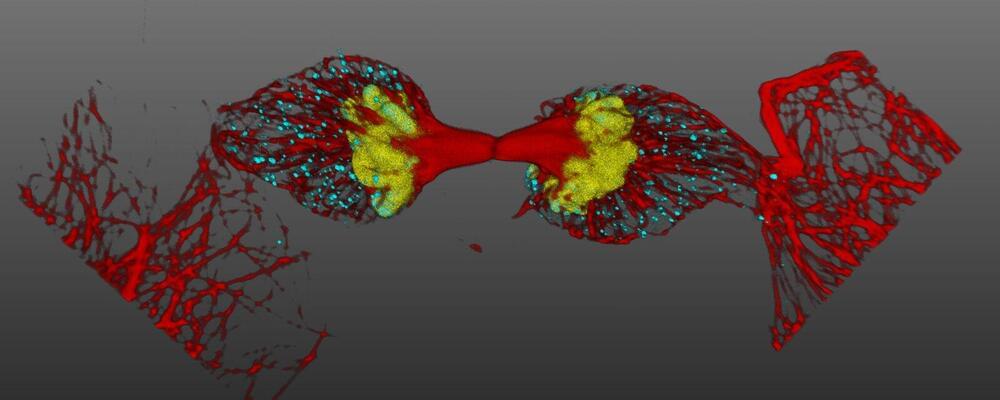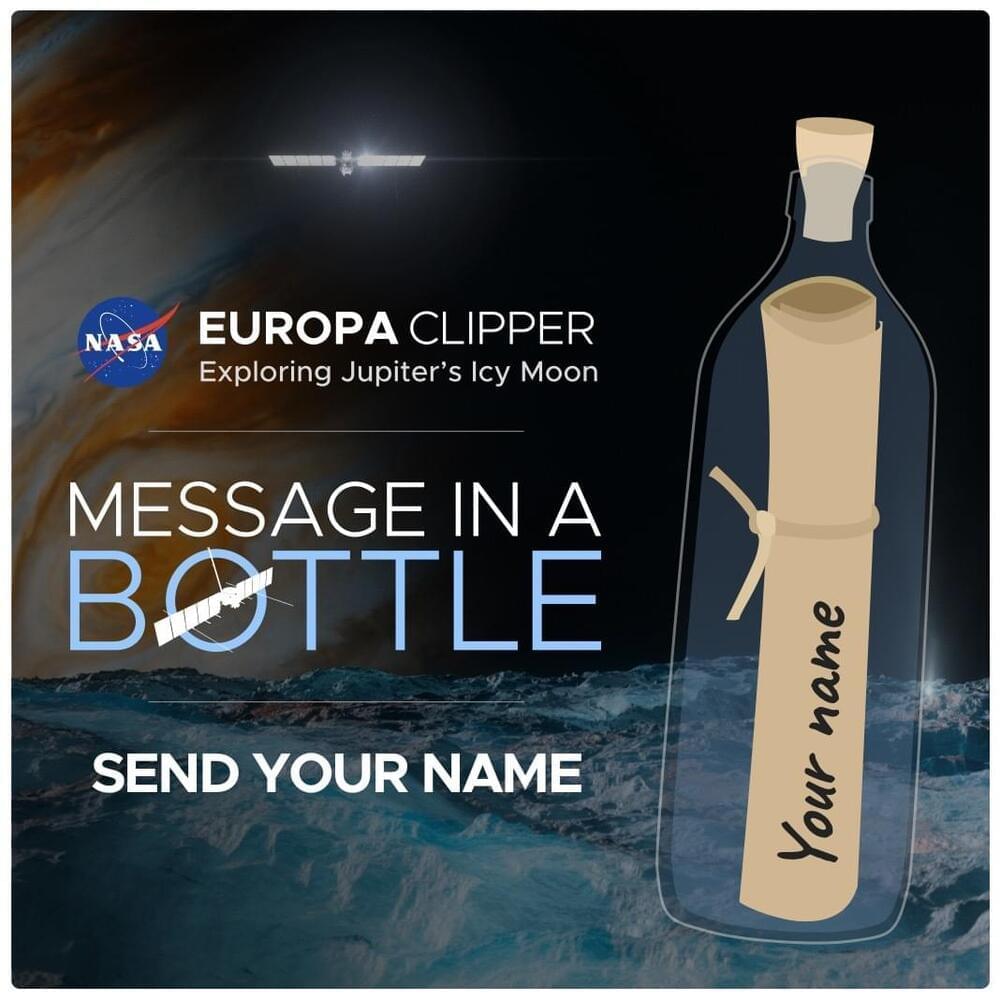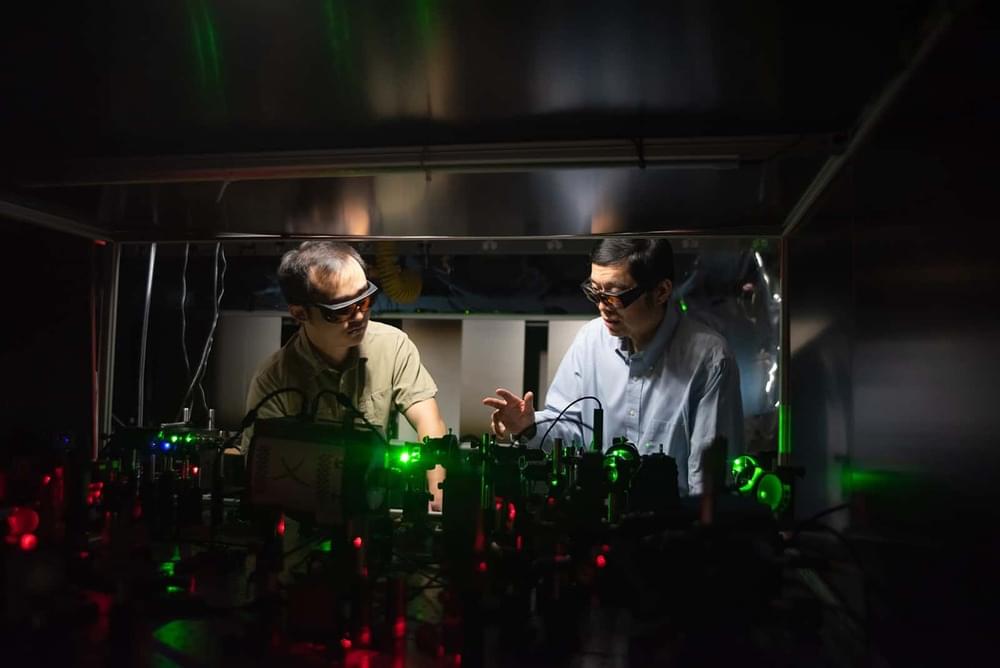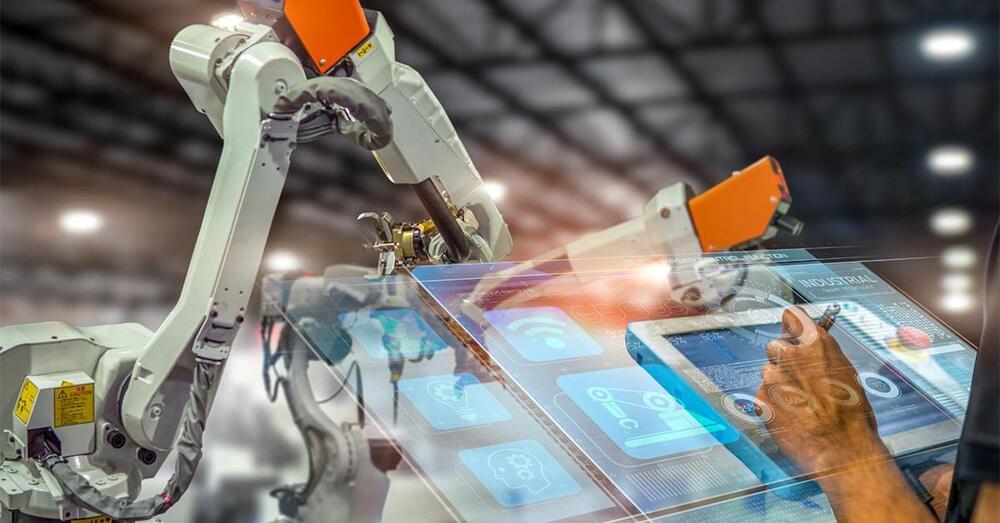
Autonomous Microscopy powered by Aivia enables scientists to discover more by extracting the most relevant data from their experiments.
06 June 2023, Wetzlar, Germany - Leica Microsystems, a leader in microscopy and scientific instrumentation, has launched Autonomous Microscopy powered by Aivia. This new AI-based detection workflow for confocal microscopy automates the detection of rare events. It follows what the user has defined as the objects of interest that will trigger the rare event scan. Users benefit from the potential to discover more by automatically detecting up to 90% of rare events during an experiment. By focusing on the data that matter during the acquisition process itself, time to result can be reduced by up to 70%. The Aivia-powered workflow reduces time spent at the microscope by up to 75%, leading to increased productivity to do more.
“Autonomous Microscopy powered by Aivia brings the power of Artificial Intelligence to everyday experimental environments in an easy-to-use way,” says James O’Brien, Vice President of Life Sciences and Applied Microscopy at Leica Microsystems. “Researchers can now establish confocal microscopy workflows that address advanced experiments and biological questions that would be impossible or very laborious without automated procedures. This solution gives them outstanding new options to obtain results that answer their research questions.”

















